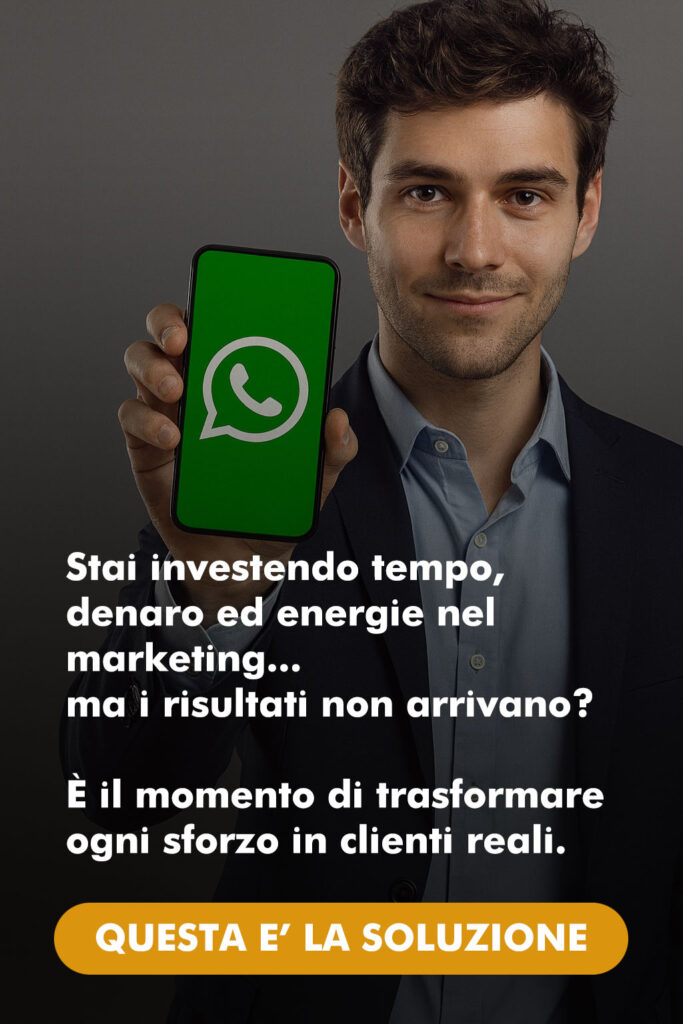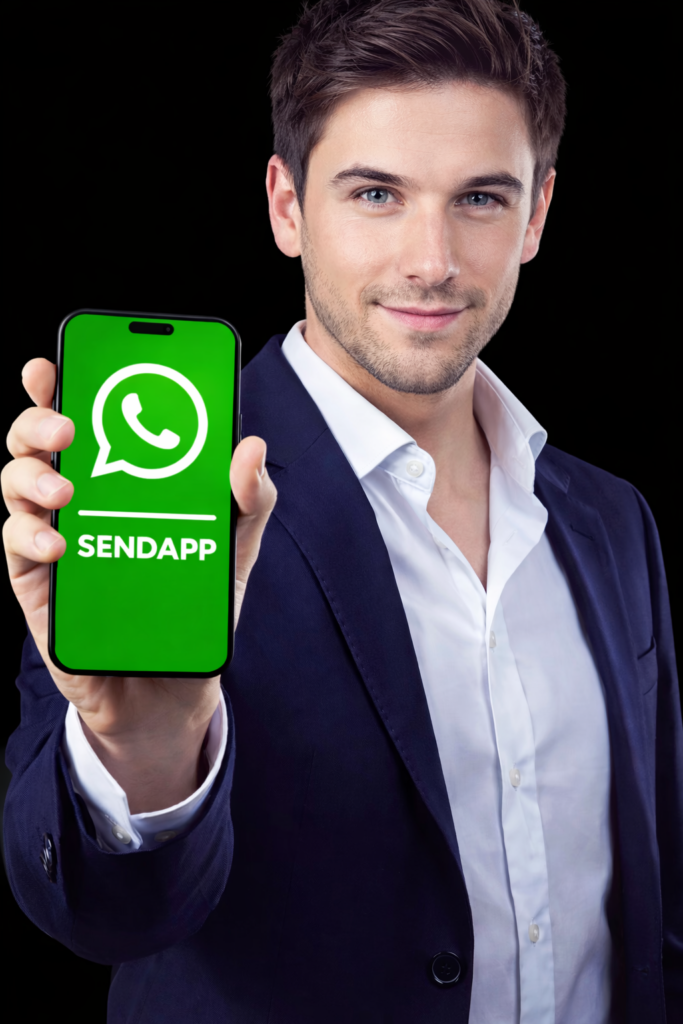Just before this year's Mobile World Congress, Google announced that more than 40 mobile operators and device manufacturers now use its RCS platform (up from 27 this time last year).
He also used the event to tell about some of his early applications. In the US, household names like Booking.com and Subway are already sending RCS messages to Sprint customers, while in the UK, Barclays, Hermes, British Gas, Pizza Hut Delivery and Foxtons are using RCS on Vodafone.
What is that RCS?
Imagine you are on your way to the airport. The phone pings. You have a message from your airline. Inside the message is the boarding pass with name, barcode, departure time, departure gate map and seat number. You don't feel like a window seat, but that's okay, you can click the "change seat" button.
It seems you are all sorted out. But you still have questions. Well, just start a text conversation with the airline agent (or maybe a chatbot) and ask away. After all, this is a message.
Well, yes, it's a message. In reality, however, this experience has provided all the information, usefulness, and convenience that a native app typically requires. But with none of the expenses required for brand development. And none of the fans asked the customer to download one.
This is why many believe that a new type of multimedia message format could be the long-term replacement for the app. Indeed, such a format is already here. It is called RCS.
Rich content
The Rich Communication Services (RCS) Universal Communication 2.0 standard provides messages that contain rich content features such as images, videos, and response buttons that can link to other menus and functions.
It is essentially SMS 2.0. Now, the operators of the world, in partnership with Google, are building the infrastructure to put RCS on all phones in the world. They are making progress. Late last year, the managing body GSMA confirmed that 50 mobile operators have already launched RCS and that it currently has 138 million monthly active users worldwide.
At the time of writing, RCS is only available on Android devices as Apple hasn't signed up yet. In the long run, it is possible for many hundreds of millions of people to use RCS as their default messaging service. In fact, GSMA projects over one billion monthly active users by 2019. This would equate to the three most popular person-to-person messaging apps used globally (Whatsapp, Facebook Messenger, and WeChat).
Of course, many readers will wonder if apps need to be replaced. After all, studies suggest the app market has never been healthier. This is true - up to a point. Analyst Sensor Tower reported that all-time global app downloads hit 23.4 billion in Q3 2017, an increase of 14% year-on-year. However, it also revealed that Facebook's top four apps - Facebook, WhatsApp, Messenger, and Instagram - recorded 582 million downloads in the quarter. It is almost half.
Development costs
The take-away is obvious. Consumers love apps, but most only use a dozen of them. They just don't have the headspace or phone memory for anything else. In fact, ComScore research in 2017 showed that 49% of US smartphone users download zero apps in a typical month.
This is alarming for businesses, especially when you consider the budget needed to build an app. Experts say development costs for eCommerce / transactional applications start at $ 200,000 (£ 145,000) and can reach $ 1 million. Brands know this. They've been around for an app alternative for a while.
They looked at HTML5 mobile sites, which offer many app-like features within a mobile web experience. However, web apps can cost tens of thousands of dollars and still require a user to turn on a browser and (in some cases) save the page on their mobile screen.
Advanced messaging seems much more viable as laptops would have shipped with this feature setting by default. Businesses can access a dashboard that allows them to easily send messages to a user database activated by a cloud-based system. The cost of these messages has yet to be decided, but many analysts predict that the cost will now be comparable to that of SMS and likely cheaper per message for long two-way conversations.
And evidently, any campaign that uses messaging will be interactive. RCS includes read receipts so marketers can perform A / B testing, gauge campaign success, and make changes on the fly to improve responses.
Messages-as-a-platform
Perhaps the most compelling aspect of the idea of "messaging as a platform" is that most brands are already engaging in this type of business, but with texting. They are using the text to send delivery notices, PIN codes etc. According to analyst Ovum, companies sent 1.16 trillion so-called application-to-person (A2P) text messages in 2016 and will send 1.28 trillion by 2019.
So migrating A2P from plain text to advanced RCS makes perfect sense. It goes without saying that the industry is working hard to encourage businesses to experiment. In February 2017, Google launched an early access program with select partners to allow brands to experience what it calls Rich Business Messaging.
The elephant in the room is how businesses can deliver seamless app-like communications when not everyone has an RCS-enabled device. (Some may point to Apple's current lack of support as another - Ed). To simplify this experimentation, brands can now use “SMS fall-back”. This ensures that the message always arrives (as plain text with a link) if an RCS device is not present on the device.
The aforementioned Ovum research suggests that businesses are intrigued. It emerged that the 36% plans to adopt RCS for corporate messaging. The 89% is interested in using RCS for chatbot-based conversations with customers. And the 61% said RCS support for payment platforms was a significant draw.
For some time now, OTT messaging apps have undergone a steep growth curve. Consumers love them because they offer a rich experience and can include features like sending money to friends. Businesses can see all kinds of benefits, but so far they have struggled to add that functionality to their communication efforts. Now RCS promises to open up the market and force them to ask the question: why spend so much budget on apps when RCS can improve engagement for a fraction of the cost?







